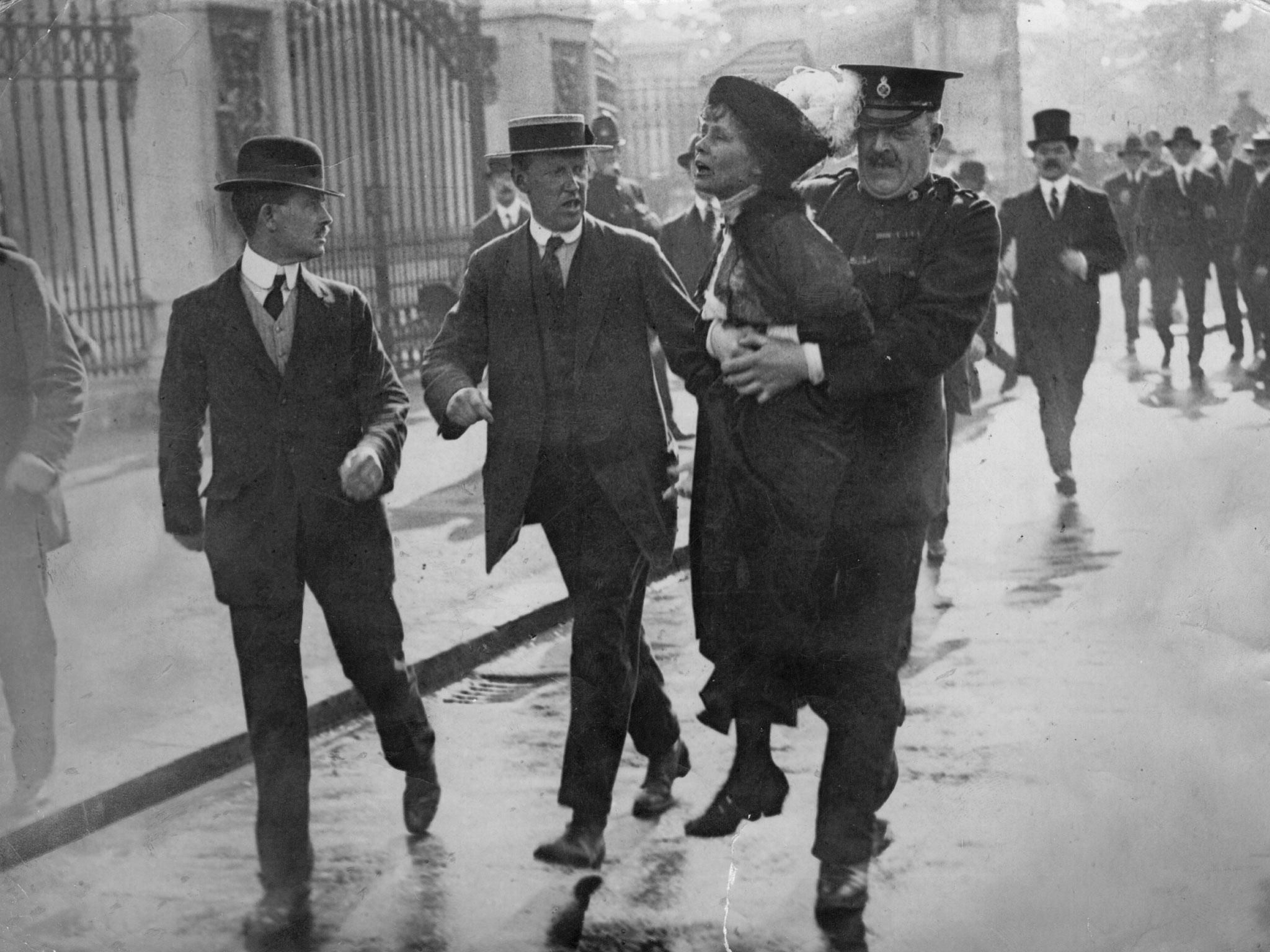House of Commons seeks Artist-in-Residence to commemorate suffragettes

Undaunted by the furore over spending £250,000 on portraits of MPs, the House of Commons is seeking to appoint an Artist-in-Residence.
The successful candidate will be commissioned to produce an artwork to commemorate the suffragettes’ struggle to win the vote for women. He or she will initially be paid £7,000, with a further undisclosed sum upon completion of the work.
The Commons authorities were accused of extravagance last month when it emerged that Iain Duncan Smith, William Hague, Kenneth Clarke, Sir Menzies Campbell, Diane Abbott and Dennis Skinner were among prominent parliamentarians to have been immortalised in oils.
A £10,000 portrait of Nick Clegg, the Deputy Prime Minister, has also been commissioned by the Speaker’s Advisory Committee on Works of Art.
Now the committee is asking for “applications from fine art, design and craft practitioners to develop a proposal for a site-specific artwork to commemorate women’s suffrage”.
The residency is expected to be completed within six months and to involve 80 days’ work, at least half of which would be spent in Parliament.
The finished work is expected to be of “suitable artistic quality to enter the Parliamentary Art Collection” and to be permanently displayed at Westminster.
According to the committee’s brief, it will be “innovative, dynamic, ambitious and inspiring, and engage building users and visitors alike with the activities and achievements of campaigners for votes for women”.
The campaign for women’s votes traces its roots back more than 200 years, with suffragettes led by Emmeline Pankhurst turning to militant action in early 1900s.
Women aged over 30 were enfranchised in 1918 – the same year women were for the first time allowed to stand for Parliament – and the vote was extended ten years later to women aged over 21.
Join our commenting forum
Join thought-provoking conversations, follow other Independent readers and see their replies
Comments